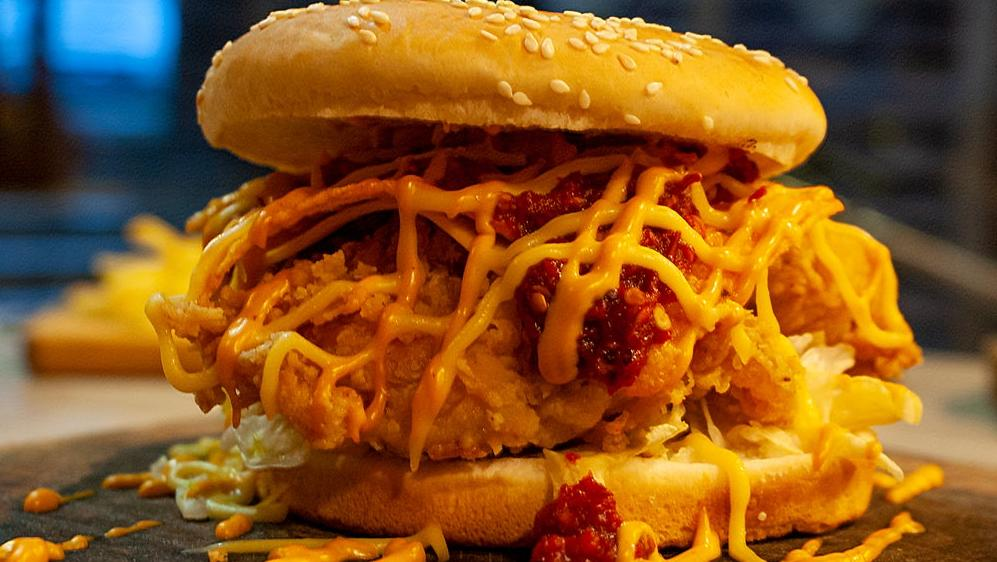The Science Of The Munchies
There’s a reason you raid your fridge after a trip to the dispensary.
Sometimes I astonish myself with how much food I can pack away into this 5-foot-tall body, but never am I more impressed with my own abilities than after the munchies hit. Whether it's because of an edible or another form of recreational marijuana, the hunger that strikes post-indulgence is very real. But why?
Truly, for those who choose to partake, there's nothing comparable to that moment when your stomach feels like an empty, bottomless pit even Homer Simpson couldn't contend with. Scientists have wondered about this phenomenon for centuries, and some have come fairly close to nailing down an explanation.
Why weed makes us hungry
A recent article from Canadian health journal Examine explains how one of the active compounds in cannabis, tetrahydrocannabinol, better known as THC, is primarily responsible for this increase in appetite. THC attaches to and activates a receptor in the body called CB1, which can stimulate appetite in different ways. Jeff Chen, then-director of UCLA's Cannabis Research Initiative told Insider in 2019 that when we consume marijuana, THC "turns on the engine of our cells and tells it to do certain things."
The CB1 receptor can be found in multiple parts of the brain, the stomach, and the small intestine. When THC activates those in the stomach and intestines, it can increase and decrease certain hormones which regulate appetite and speed up digestion. And within the brain, a 2015 study found, THC can activate certain neurons that also function to increase or suppress appetite. Specifically, research has shown that THC can stimulate the neurons that increase appetite without stimulating those that suppress it. The result: munchies.
The way one consumes THC might also affect the overall munchie experience, leaving the user to seek out more calorie-dense foods or sweets or savories, depending on how exactly they got high. For example, one study found that suppository consumption of marijuana—yes, we're talking about the rectum here—led to greater caloric intake than oral consumption did.
The benefits of the munchies
While some might consider this surge of hunger a negative side effect, there are situations in which it can be beneficial. For example, those undergoing chemotherapy or other medical treatments might experience a loss of appetite due to the course of treatment. Medical marijuana can counteract that, allowing people to nourish their bodies when they otherwise would be made nauseous by the thought of food.
From a recreational standpoint, though, the only way for my wallet not to fall victim to impulsive food delivery purchases is for me to have either a full meal or my designated snacks at the ready before I indulge in cannabis-induced relaxation. I'm sure this sounds like advice for newbies, but if it saves at least one person from paying an unneeded delivery fee, then my work here is done.
